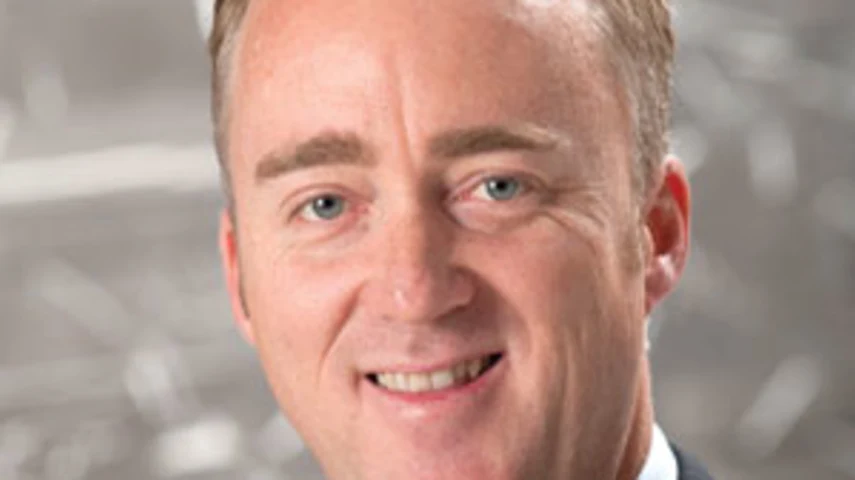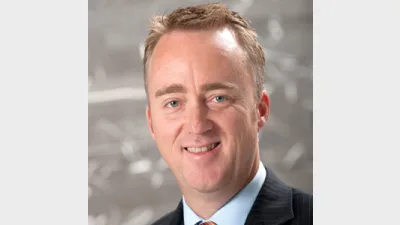One fifth of MySuper take up lifecycle investing



Super funds have implemented Stronger Super and MySuper reforms either for compliance, or as a chance to innovate, Mercer said.
The firm said around 20 per cent of MySuper default products had lifecycle investing integrated into it.
"We believe there has been a shift in Australians' awareness and acceptance of lifecycle investing and we expect the trend of increasing lifecycle investment options will continue," managing director David Anderson said.
"There are perceived challenges we believe can be overcome and we expect the number and nature of the solutions will evolve over time."
Anderson added the Stronger Super reforms could be seen as an opportunity to innovate or simply "repackage" existing products.
The Centre for International Finance and Regulation (CIFR) and Chant West recently found most industry and public sector funds simply re-branded their current balanced default options as their MySuper offering.
They said most funds did not re-examine or change their offerings, while certain funds in the public sector that manage default money did not obtain a MySuper license.
These funds, which were not Australian Prudential Regulation Authority-regulated, were located in South Australia, Western Australia and Tasmania.
Recommended for you
Australia’s largest super funds have deepened private markets exposure, scaled internal investment capability, and balanced liquidity as competition and consolidation intensify.
The ATO has revealed nearly $19 billion in lost and unclaimed super, urging over 7 million Australians to reclaim their savings.
The industry super fund has launched a new digital experience designed to make retirement preparation simpler and more personalised for its members.
A hold in the cash rate during the upcoming November monetary policy meeting appears to now be a certainty off the back of skyrocketing inflation during the September quarter.









